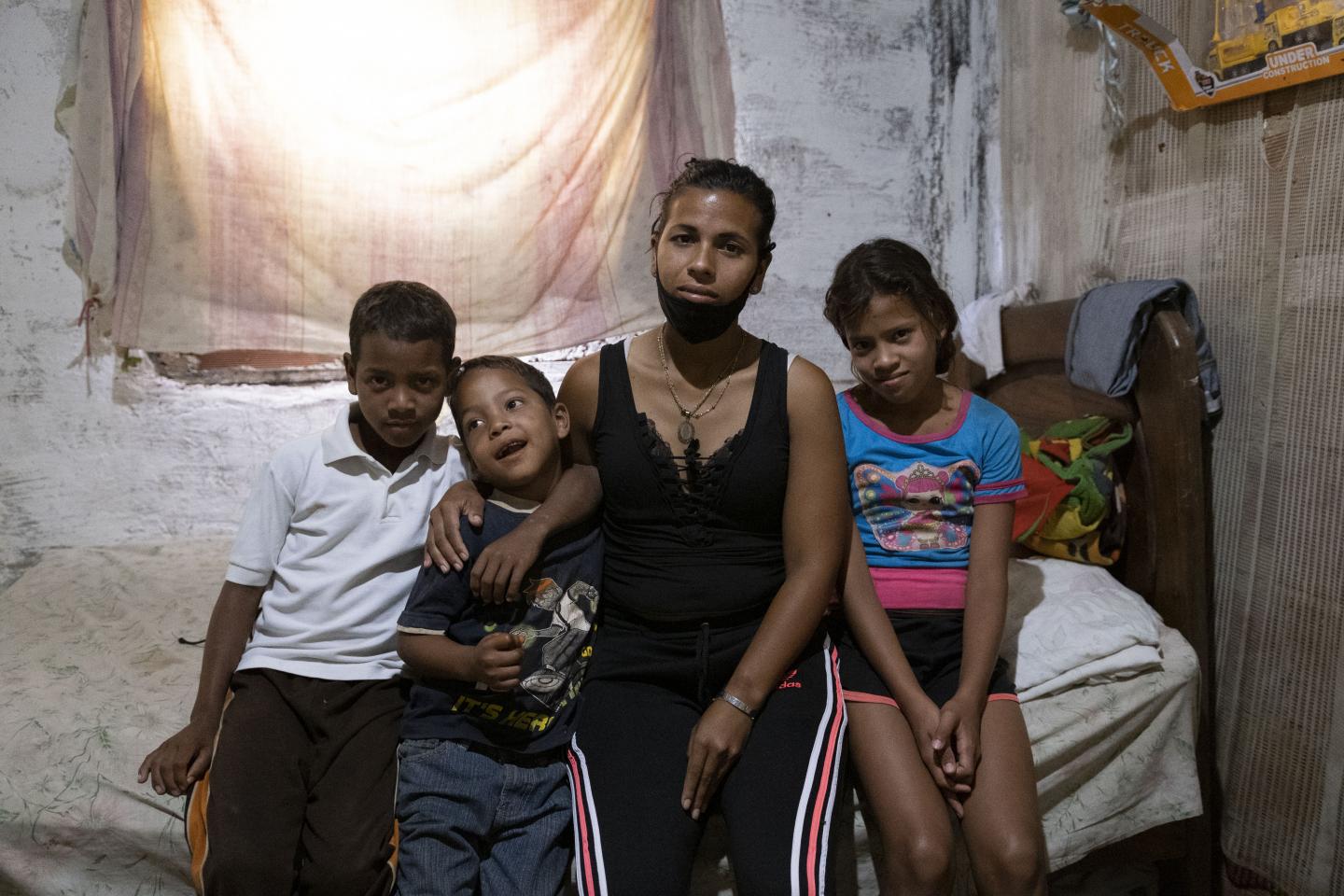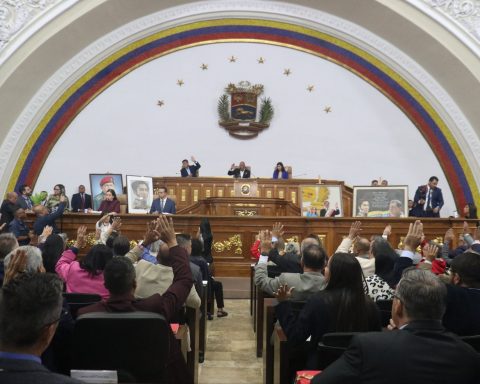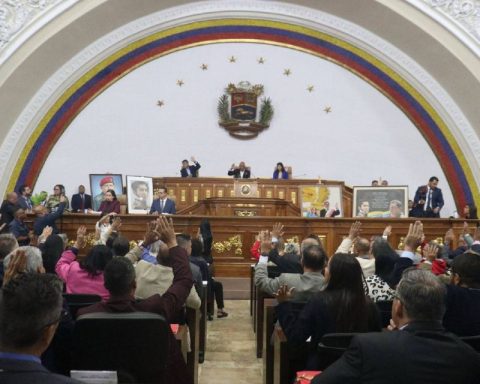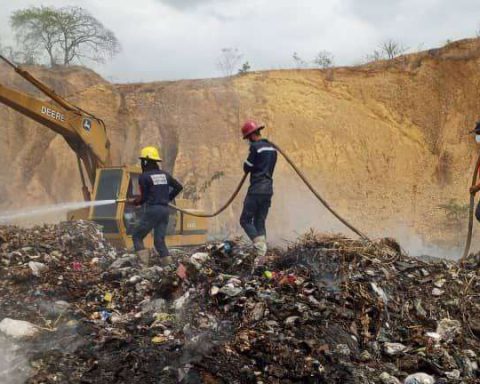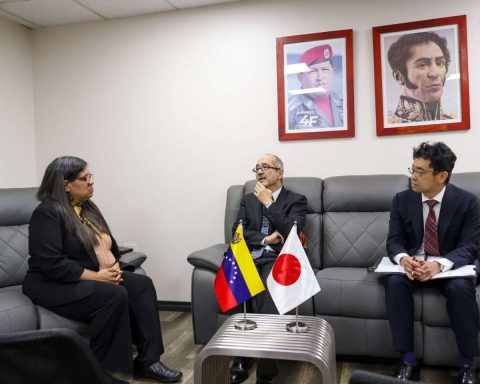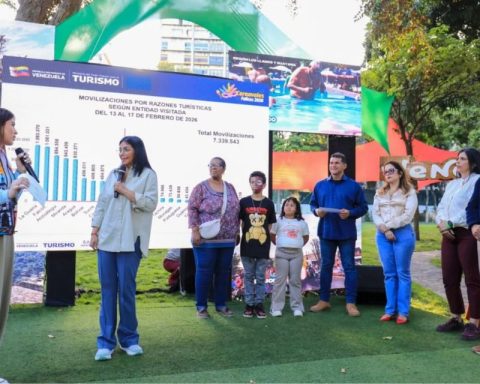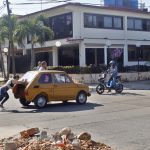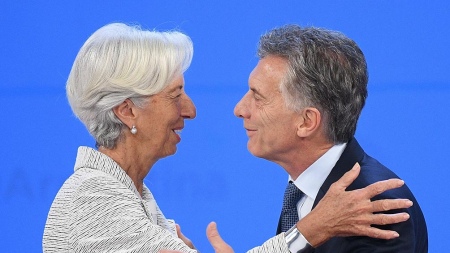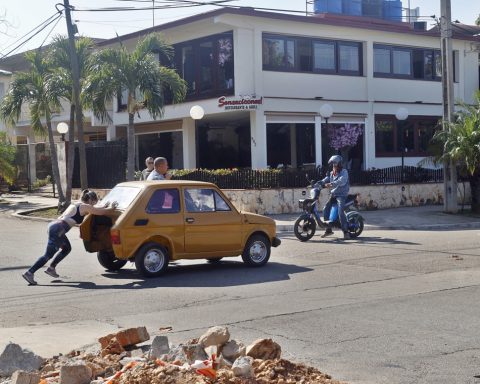The unilateral coercive measures (MCU) imposed against Venezuela by the United States (USA) and its allies, overwhelmed the productive, energy, financial and administrative spaces of the State and directly impacted the country’s population. At the end of the road, the purpose is to affect those who live here to promote a change of government and political model.
Among the groups most affected by the sanctions are the country’s women in their different roles: mothers, students, teachers, doctors, nurses, professionals, athletes and a long etcetera.
“Women, in addition to suffering the general aspects of this crisis generated by the unilateral coercive measures, have seen how the phenomenon of the feminization of poverty deepens, since it is those households where women are the head of the increased the levels of vulnerability, the levels of prevalence of undernourishment”, explained Yhosmary Franco, from the Fundación Género con Clase.
Franco, regarding the leadership of the family of the Venezuelan woman, added that “nearly 65% of poor households in the country are headed by a single mother-woman, who has to take care of the maintenance of her daughters and sons in the absence of a father or man who shares the work of upbringing and care”.
The health, family, and personal development of women have been affected by the sanctions, which led to the fact that, as a result of “the difficult economic situation, many women stopped studying to be able to dedicate more hours to both salaried work and labor.” home,” Franco explained.
attack on health
In health, women were affected by the interruption of free access programs for medicines for chronic diseases. “It should be noted that this form of blockade of our country particularly affected access to medicines and equipment for the care of cancer patients, which raised mortality rates due to breast cancer or cervical cancer,” says the representative of the Fundación Género con Clase, an organization that defends the human rights of women, girls and adolescents.
In the Ninth Periodic Report of Venezuela before the Convention on the Rights of Women, by UN Women, it is denounced that the MCUs have had a negative impact on the High Cost Medicines program of the Venezuelan Institute of Social Security, “which guarantees free delivery of medicines to people who suffer from chronic diseases or long-term treatment, which includes treatments for cervical and breast cancer. While in 2014 this program distributed 535,071 medications, in 2020 only 64,078 medications were delivered, a decrease of almost 90%,” denounces Yhosmary Franco.
The family in sight
Beyond all the evils caused by the sanctions, “There is no doubt that the migratory phenomenon, as a consequence of the indiscriminate attack on the country, has generated deep emotional wounds, in addition to meaning a flight of talent and labor relevant to leveraging of national development,” Franco said.
The migratory phenomenon fragmented the family and leaves “deep human wounds that are difficult to quantify, but which are present in our daily lives,” he pointed out.
“Economic limitations have prevented the youngest from continuing their education, forcing families to prioritize precarious work and putting the formation of the replacement generation in our country at risk,” said Yhosmary Franco.
Objectives of coercive measures
The application of unilateral coercive measures, or sanctions, to Venezuela, is a foreign policy weapon of the United States that aims to:
Break the Venezuelan State. Apply a forced decapitalization process by cutting off the country’s economic income flows.
Destroy the purchasing power of the Venezuelan population. Affect the family and social economy to delegitimize the government.
Definitively and lastingly defeat the political proposal represented by the Bolivarian Revolution. End the expansion of the model of progressive governments in Latin America, which contradicts the hegemonic and looting policies of the United States.
Politics to harm and generate pain to the population
In an analysis carried out by Daymar Martes, an anthropologist and researcher at the Sures Civil Association, of the book The Art of Sanctions, by Richard Nephew, an American expert on nuclear weapons and coercive measures, there are eight elements to be evaluated in order to implement these policies against the target countries.
The analysis details the edges that are being studied in the US to apply sanctions:
- Characteristics of the political system of the country to be sanctioned and identification of the leaders on whom external pressure can be exerted.
- Characteristics of the type of national economy, its level of insertion in the international financial system and the size of its public and private sectors.
- Nature of the commercial relations of the State to be sanctioned: countries with which it trades and its main route of international relations, if it is governmental or between entities of the private sector.
- Cultural values of society. Legitimacy and closeness of the nation-state with the United Nations and multilateral institutions, as well as the importance of religion.
- Momentous events in the recent history of the country, such as armed conflicts, political upheaval, natural disasters, economic recession or, conversely, long periods of peace.
- Demographic composition of the country to achieve a more effective targeting of certain sectors of society: men, women, students or urban populations.
- Access to external sources of information to understand the mental structure of the population and the government leadership when experiencing the sanctions.
- National characteristics of the country to be sanctioned (size and borders, economic drivers) for an evaluation of the feasibility of the measures to be applied.
